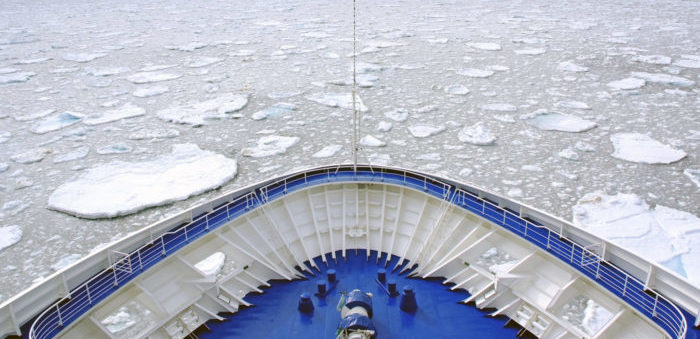The Clean Arctic Alliance, the Iceland Nature Conservation Association and Green Transition Denmark welcomed a new report which highlights the importance if reducing risks and boosting environmental security in Arctic waters.
The report “Reducing risks and increasing environmental security in Arctic Waters” funded by the Nordic Council of Ministers and authored by Nauja Bianco of Isuma Consulting, outlines in the first paragraph of its Executive Summary the “evident risks to human safety and environmental security related to an increase of shipping in the Arctic”, including “carriage and transport of Heavy Fuel Oil (HFO) and toxic hybrid fuel oils, use of HFO and atmospheric emissions”.
Accordingly, the report calls for Nordic collaboration on implementing stricter grade oil requirements to mitigate risks related to oil spills from carriage and transport of Heavy Fuel Oil (HFO) and toxic hybrid fuel oils. It also recommends Nordic promotion of regulations preventing environmentally harmful shipping emissions in order to minimize damaging emissions, including reduction of sulphur concentration and other accelerating ice-melting pollutants.
Dr Sian Prior, Lead Advisor to the Clean Arctic Alliance commented that
We urge Nordic ministers to not only heed the sage advice detailed in this report on the need to ban heavy fuel oil from Arctic shipping, but to also take a strong lead on promoting an effective implementation of a ban at the International Maritime Organization.
Back in February, organizations and companies from the shipping, bunkering and refining industry wrote an open letter to Dr Sian Prior of the Clean Arctic Alliance (CAA), in response to the claims that shipping’s use of IMO 2020-compliant very flow sulphur fuel oils (VLSFOs) could increase black carbon emissions, coming from vessels.




























































